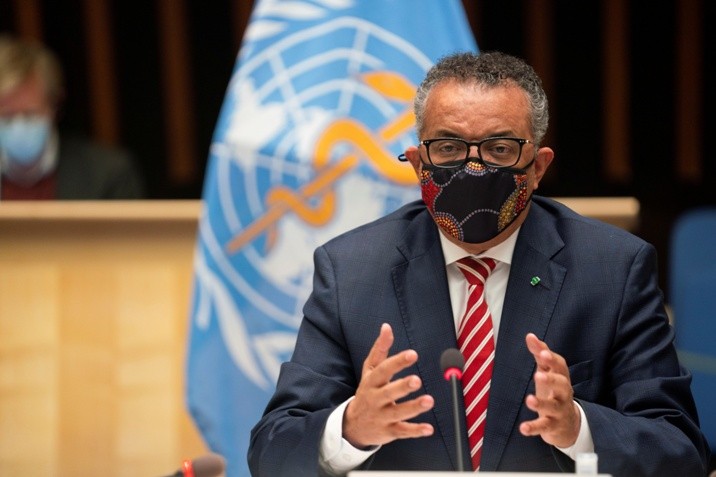WHO Warns Against Lockdowns to Combat COVID-19 Outbreaks

The World Health Organization (WHO) urged world leaders not to rely on lockdowns to combat COVID-19 outbreaks.
In an interview with The Spectator, WHO envoy Dr. David Nabarro said measures as restrictive as lockdowns should be treated as a country's last resort in addressing COVID-19 outbreaks.
He said the WHO does not consider lockdowns as the primary means to control COVID-19 Outbreaks, USA Today noted in a report.
The world's top health organization said there are only limited times that justify imposing lockdowns. This measure only has to be in place "to buy you time to reorganize, regroup, rebalance your resources, protect your health workers who are exhausted," said Nabarro.
He said the WHO would rather not do it if it can be avoided, the New York Post reported.
Lockdowns and The Economy
For the WHO, there will be "significant harm" to the economy if tight restrictions are imposed. The impact doesn't just apply to one country, but the global economy at large.
He said lockdowns have one glaring consequence that shouldn't be ignored. Lockdowns make the world's poor "an awful lot poorer," Nabarro said.
Lockdowns also have a severe impact on industries that rely on tourism.
Nabarro took the Caribbean to illustrate his point, saying the region's tourism industry was suffering as people aren't taking holidays.
This is also true for the U.S., where airlines are now included in broad stimulus talks as they suffer from economic losses from the pandemic.
Nabarro also looked to smallholder farmers' situation, saying the U.N. agency might be looking at double the world poverty by next year. He added that there would be a chance of doubling on child malnutrition as well.
Lockdowns and The WHO
During the virus' first wave, the WHO said countries had to be careful about how quickly they reopen their economies after outbreaks.
"The last thing any country needs is to open schools and businesses, only to be forced to close them again because of a resurgence," said WHO Director-General Tedros Adhanom Ghebreyesus.
Tedros also urged countries to boost other safety measures to fight the virus like widespread testing and contact tracing. He said these measures could help in safely reopening economies and avoiding future lockdowns.
Having lockdowns left and right will not let the world reach a "sustainable situation," the agency said. They added that having lockdowns over and over can lead to largely detrimental effects on society.
"We need to reach a sustainable situation where we have adequate control of this virus without shutting down our lives entirely," he said.
In the U.S., coronavirus hospitalizations are continuing at a dangerous trend. The country has reached grim milestones with little signs of case declines.
The highest that hospitalizations reached was back in the pandemic's peak time in July, when there were 60,000 hospitalizations. The number dipped by late September at 29,000 but has recently been creeping higher to almost 35,000.
The U.S. now has more than 7.7 million cases and over 200,000 deaths since the start of the pandemic.
Check these out!
Pelosi, Mnuchin Resume Broad Stimulus Talks
Homemade COVID-19 Vaccine: Does it Work and is it Safe?
COVID-19 Outbreak in White House as 34 People Test Positive for Coronavirus
Subscribe to Latin Post!
Sign up for our free newsletter for the Latest coverage!
© 2026 Latin Post. All rights reserved. Do not reproduce without permission.














